When planning a website design and development project, selecting the right platform is crucial. Your platform choice affects your website’s performance, scalability, and user experience. This guide will help you understand how to choose the best platform for your needs and includes the pros and cons of popular options.
Why Choosing a Platform for Website Design and Development Matters
The platform you choose forms the backbone of your website. Whether it’s an e-commerce store, a corporate site, or a blog, the platform dictates how you manage content, interact with customers, and improve search engine visibility. Choosing an SEO-friendly, scalable, and cost-effective platform ensures long-term success.
Factors to Consider When Choosing a Platform for Website Design and Development
-
Website Purpose
Define your goals. Are you building a blog, an e-commerce store, or a portfolio site? Platforms like WordPress are versatile, while Shopify is designed for online stores. -
Ease of Use
Beginners often prefer platforms with drag-and-drop interfaces, such as Wix or Squarespace, while developers might choose customizable solutions like WordPress or custom coding. -
SEO Compatibility
A platform that supports on-page SEO, fast loading speeds, and mobile responsiveness ensures better rankings on search engines. -
Budget
Your financial resources will influence your decision. While open-source platforms like WordPress are free, options like Shopify have monthly fees. -
Scalability
Ensure the platform can handle growth as your business expands. Scalability is crucial for businesses expecting increased traffic and functionality needs.
Popular Platforms for Website Design and Development
1. WordPress
- Pros:
- Open-source and highly customizable.
- Thousands of plugins for SEO, security, and design.
- Excellent for blogs, corporate websites, and even e-commerce with WooCommerce.
- Large community support.
- Cons:
- Requires hosting and domain purchase.
- Can be complex for beginners.
- Needs regular updates and maintenance to prevent security issues.
2. Shopify (Ideal for E-commerce)
- Pros:
- Built specifically for online stores.
- Easy inventory and payment management.
- Responsive templates for mobile optimization.
- Integrated SEO tools for product pages.
- Cons:
- Monthly fees, especially with premium features.
- Limited design flexibility compared to WordPress or custom development.
3. Wix
- Pros:
- Beginner-friendly drag-and-drop editor.
- Hosting and domain included.
- Pre-designed templates for various industries.
- Cons:
- Limited customization and scalability.
- Less robust SEO features compared to other platforms.
4. Squarespace
- Pros:
- Visually appealing templates perfect for portfolios and creatives.
- All-in-one solution with hosting and SSL.
- Built-in analytics and SEO tools.
- Cons:
- Higher pricing compared to competitors.
- Limited integration with third-party tools.
5. Custom Website Development
- Pros:
- Fully tailored to your specific needs.
- Maximum flexibility and scalability.
- Advanced functionality and integrations.
- Cons:
- High initial cost and longer development time.
- Requires technical expertise for updates and maintenance.
Which Platform is the Most SEO-Friendly?
SEO is a vital part of website design and development. Platforms like WordPress and Shopify are known for their SEO capabilities.
-
WordPress:
WordPress offers plugins like Yoast SEO and Rank Math that help optimize metadata, keywords, and URLs. Its flexibility in structuring URLs and content hierarchy makes it a top choice for SEO-focused websites. -
Shopify:
Shopify is ideal for e-commerce businesses. Its product pages are structured to include meta descriptions, alt tags, and fast-loading themes, all essential for SEO.
Pros and Cons of Ready-Made Platforms vs. Custom Development
Ready-Made Platforms
- Pros:
- Affordable and quick to set up.
- Minimal technical knowledge required.
- Pre-built themes and plugins for various needs.
- Cons:
- Limited customization.
- May not handle high traffic efficiently.
Custom Development
- Pros:
- Tailored to your unique requirements.
- Offers advanced features and seamless integrations.
- Cons:
- Expensive initial cost.
- Requires ongoing maintenance.
Conclusion: Choosing a Platform for Website Design and Development
The right platform for website design and development depends on your goals, budget, and technical expertise. WordPress is a versatile, SEO-friendly option, while Shopify excels in e-commerce. For unique requirements, custom website development is the best choice.
At Sovereign Digital Agency, we specialize in designing SEO-optimized websites tailored to your needs. Whether you’re looking to build a high-ranking blog, an engaging portfolio, or a profitable online store, our expert team is here to help.




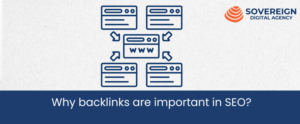


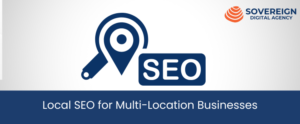

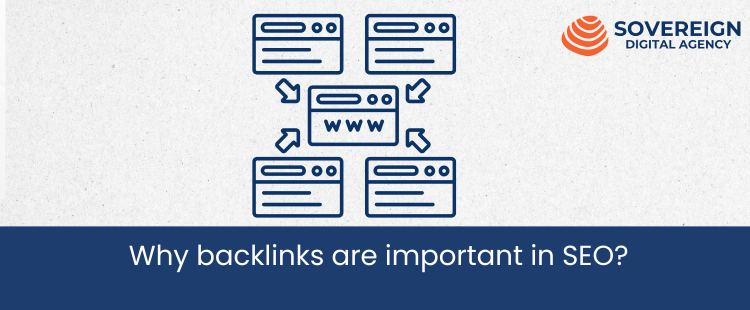

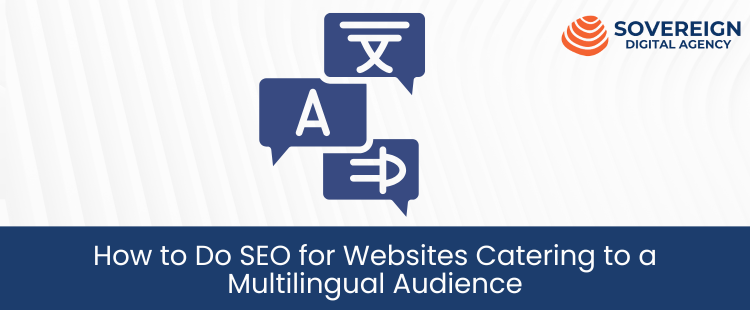

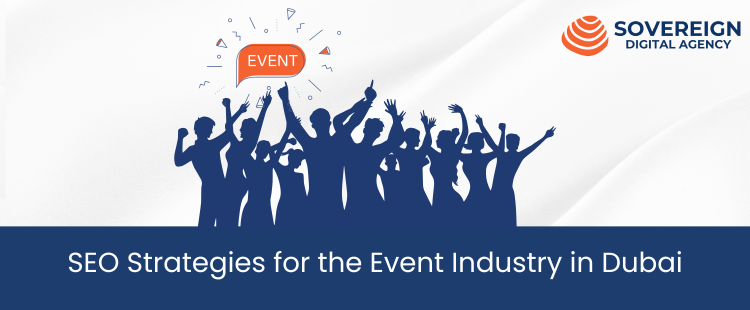
0 Comments